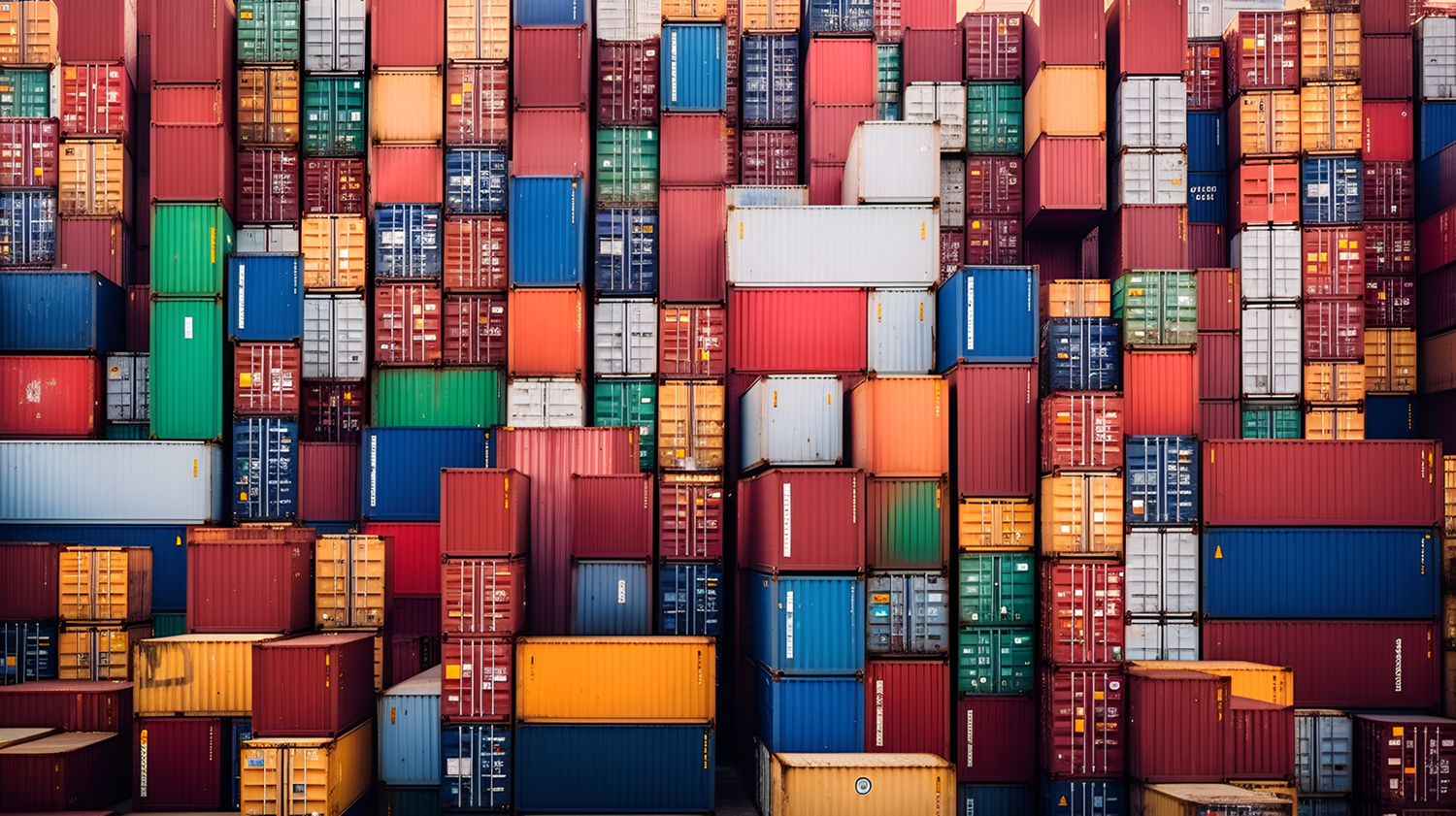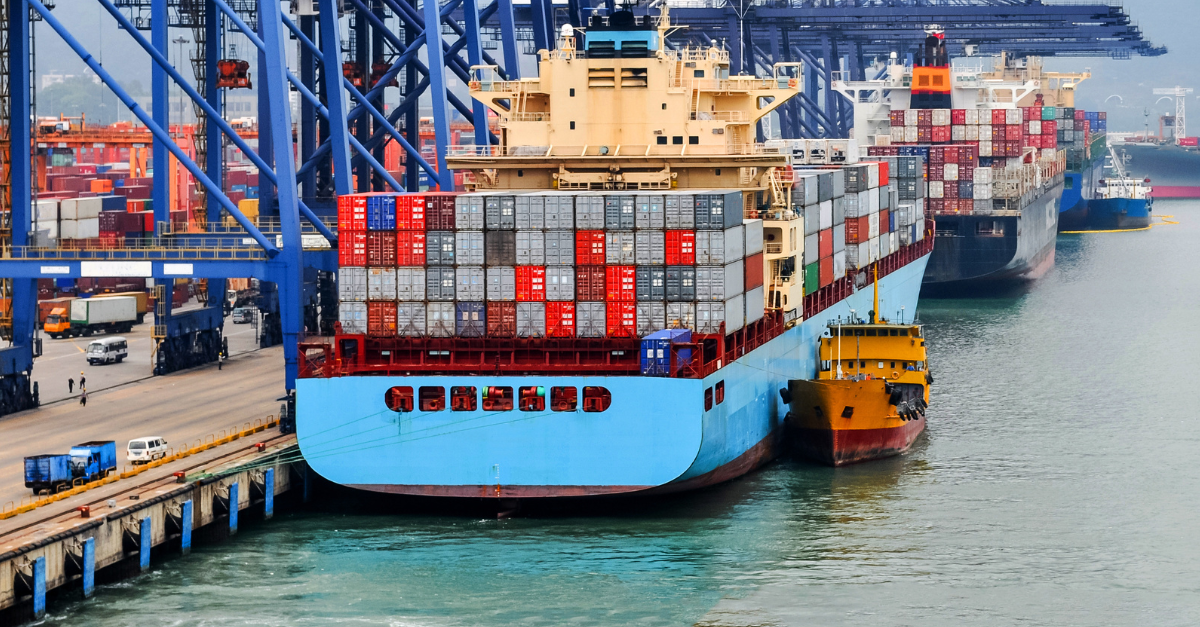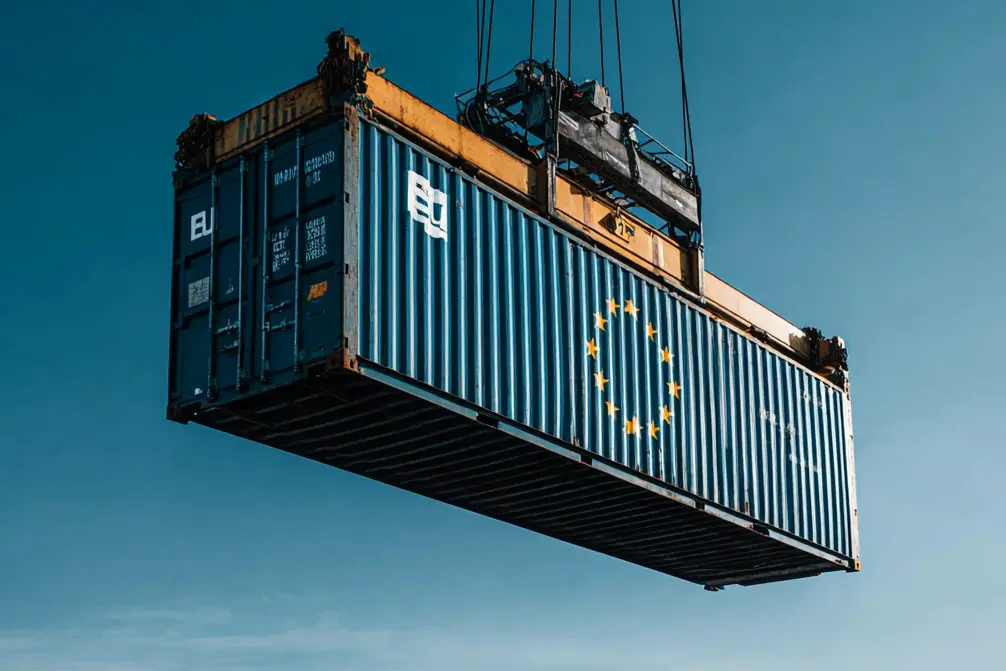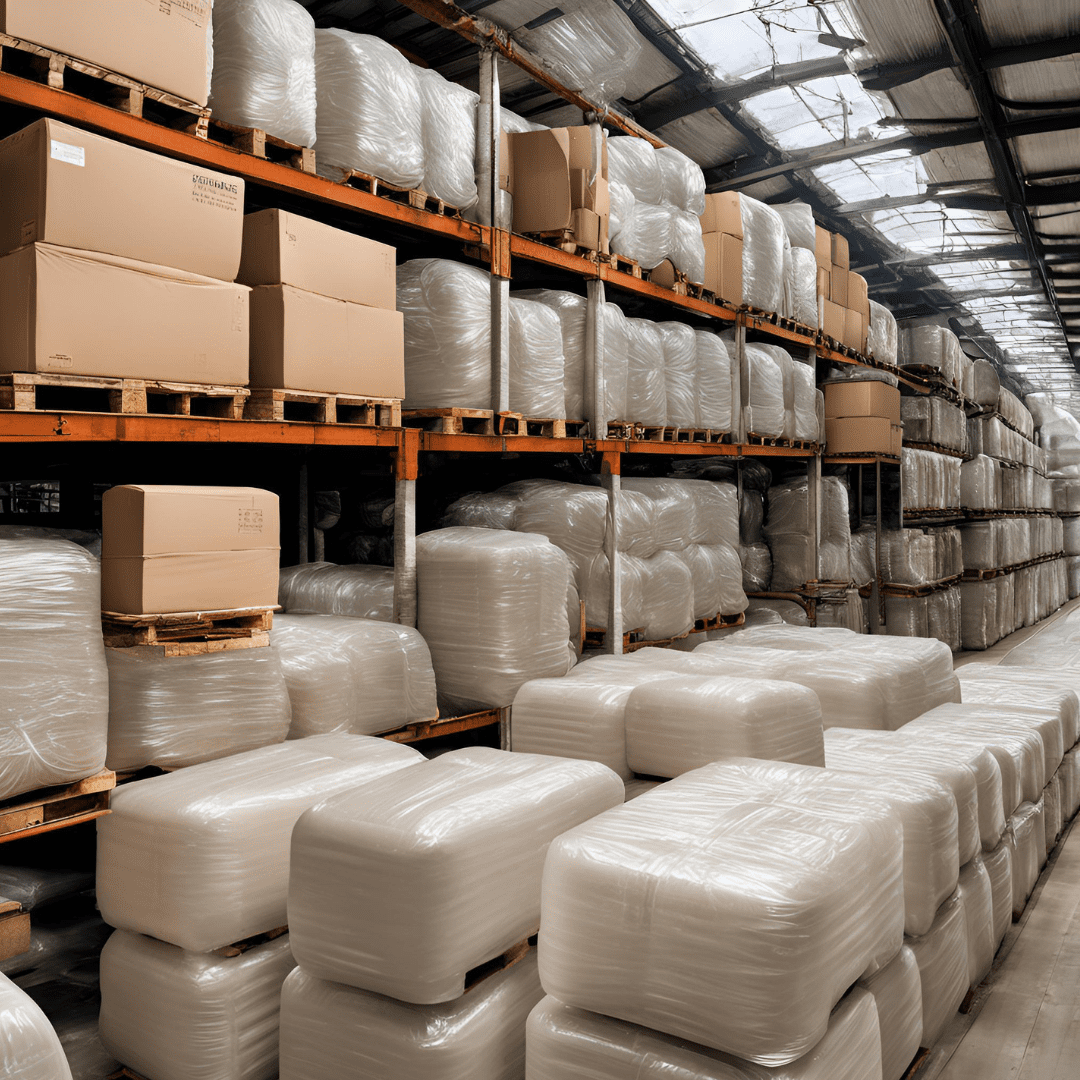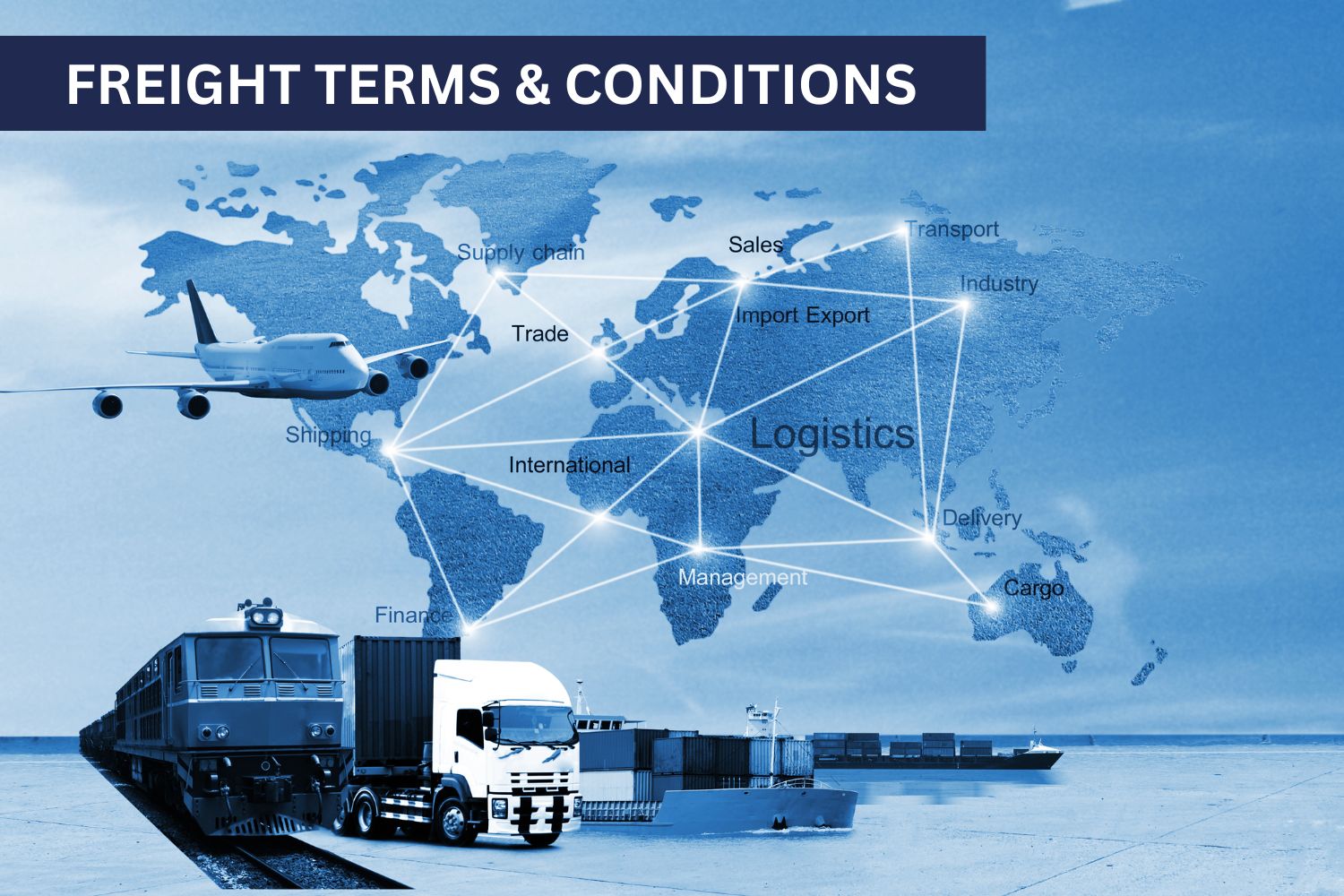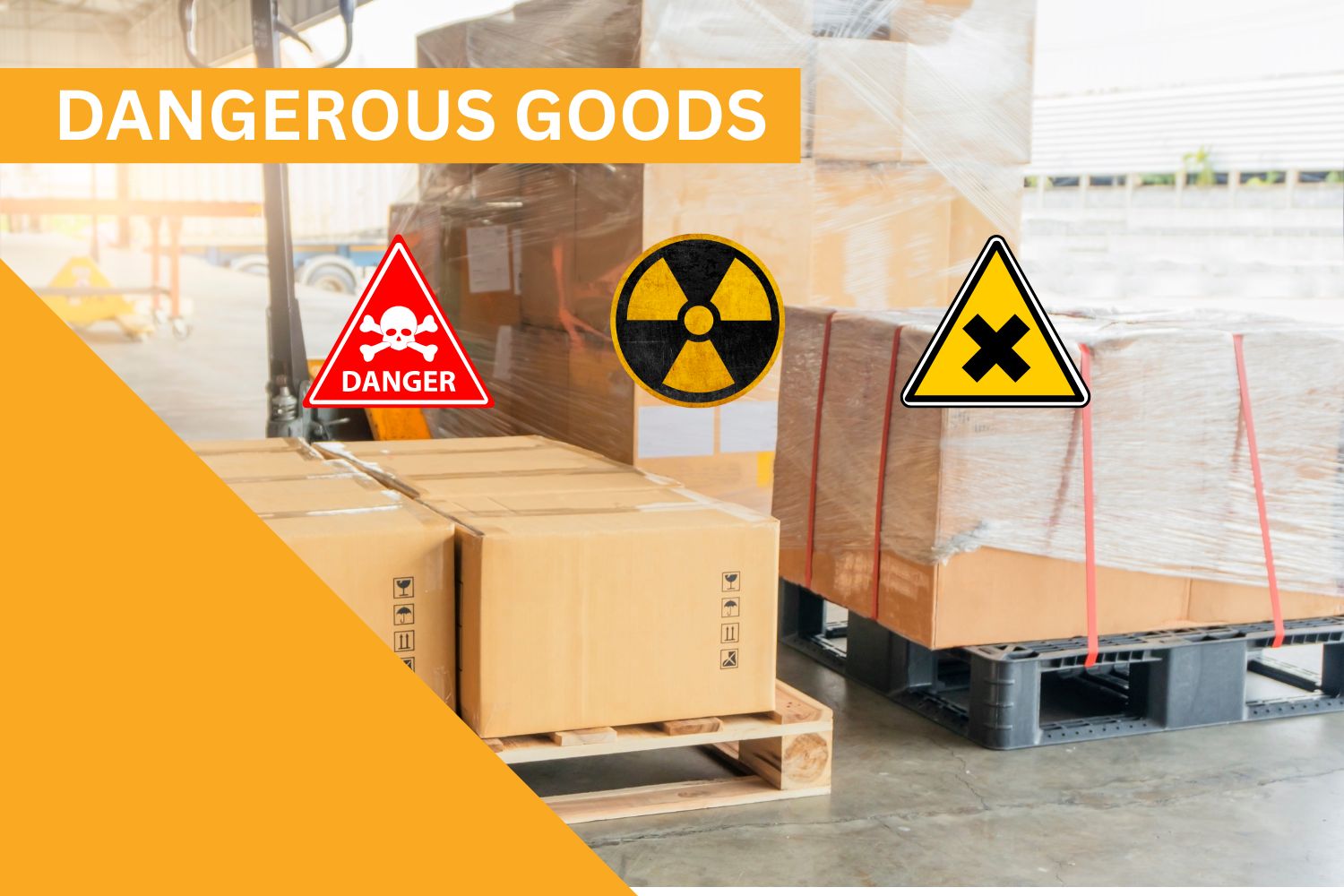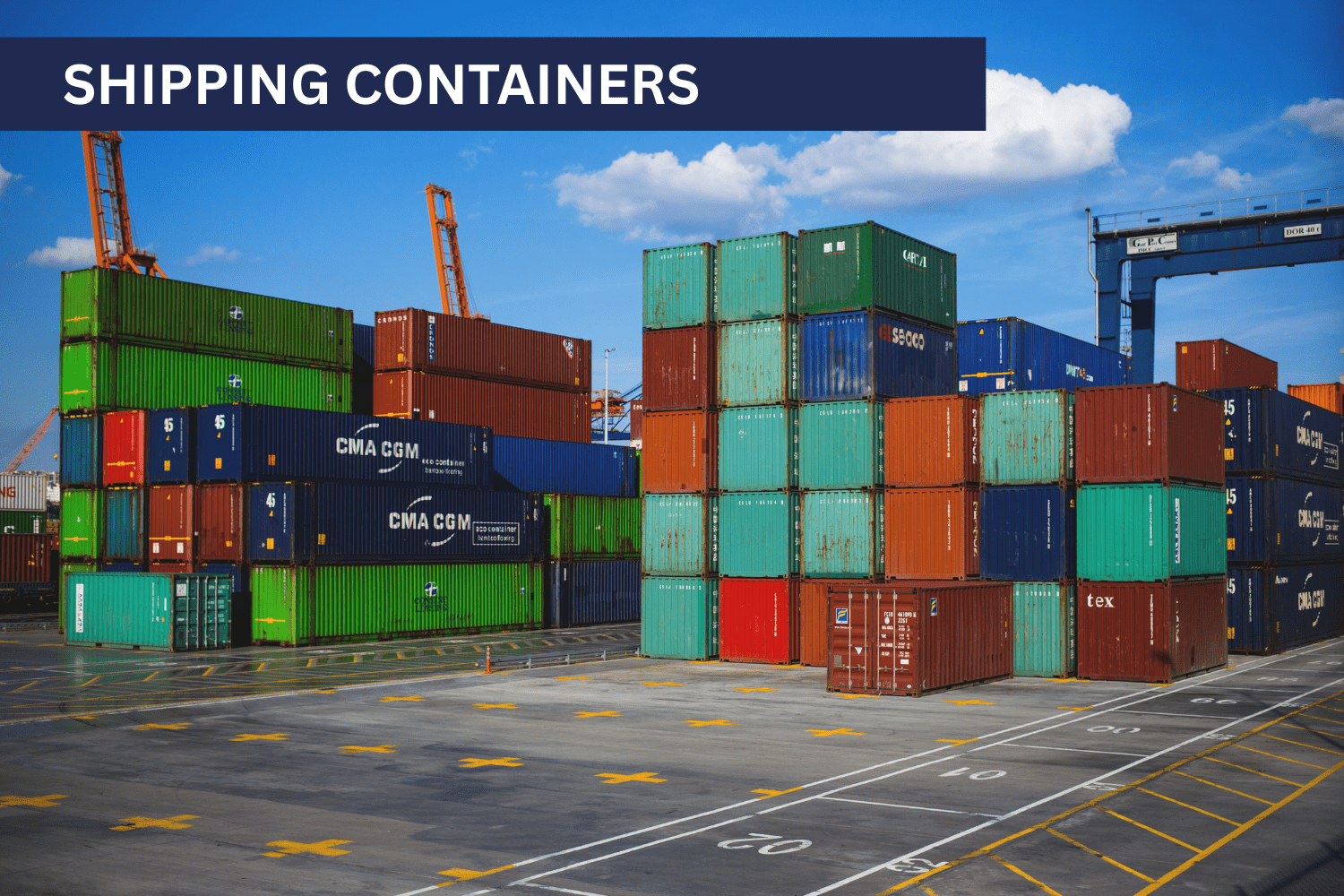Freight Forwarding Resources
Welcome to our Resources page, your go-to destination for valuable insights and tools designed to support your freight forwarding and logistics and supply chain management needs. Here, you’ll find a wealth of information ranging from industry trends and best practices to guides and calculators that can help optimize your operations.
Whether you’re looking for shipping tips, compliance updates, or ways to streamline your logistics, our Resources page offers the expertise and solutions you need to stay informed and efficient. Explore our content and discover how we can help you navigate the complexities of global logistics with confidence.

